Certifications
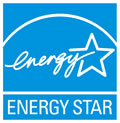
Energy Star is an international standard for energy efficient consumer products, created in 1992 by the Environmental Protection Agency and the Department of Energy in the United States. It is a voluntary program that helps businesses and individuals save money and protect our climate through superior energy efficiency, it has been adopted in other regions and countries, including the European Union, Canada, Australia, Japan, New Zealand and Taiwan.
For Lighting products in the United States, Energy Star certification is awarded only to certain light bulbs that meet strict efficiency, quality, and lifetime criteria. In the case of LED lighting products, for instance, products must demonstrate superior performance in brightness, light distribution, light output consistency over time, color quality, efficiency, won’t flicker when dimmed, no off-state power draw.
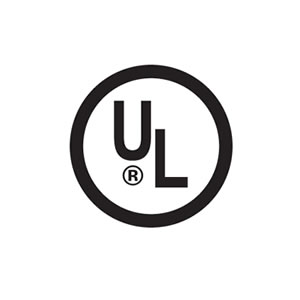
UL Certification is awarded by Underwriter Laboratories to electric products including light bulbs that meet established safety requirements. similarly to CE in the European Union, UL sets standards for different product categories and tests products to make sure they meet these standards.
UL is a world leader in product safety testing and certification. For more than 100 years, manufacturers have had their merchandise evaluated and tested for safety risks by our independent, third-party safety certification organization.

The Restriction of the Use of Certain Hazardous Substances in Electrical and Electronic Equipment (RoHS) is a European Directive established in 1998 that restricts certain dangerous substances commonly used in electronics and electronic equipment. Any RoHS compliant component is tested for the presence of Lead (Pb), Cadmium (Cd), Mercury (Hg), Hexavalent chromium (Hex-Cr), Polybrominated biphenyls (PBB), and Polybrominated diphenyl ethers (PBDE). For Cadmium and Hexavalent chromium, there must be less than 0.01% of the substance by weight at raw homogeneous materials level. For Lead, PBB, and PBDE, there must be no more than 0.1% of the material, when calculated by weight at raw homogeneous materials. Any RoHS compliant component must have 100 ppm or less of mercury.
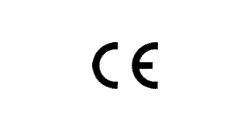
This European Directive aims to ensure safety in the use of certain products, including electrical appliances and devices that consume between 50 and 1000 AC volts or between 75 and 1500 DC volts. In general terms, it covers electrical household appliances, hand tools, lighting equipment, electrical wiring, cables & piping and installation equipment.
Compliance requirements include all safety aspects, including mechanical, chemical and electrical risks. In meeting the Standards it is assumed that the equipment:
- Has been built in accordance to safe manufacturing practices
- Has been installed and maintained properly
- Has been used in accordance to the purpose it was created for
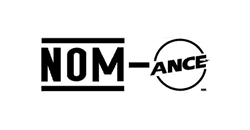
ELT’s Light Bulbs meet and exceed requirements set by norm NOM-017 is an electrical norm in Mexico equivalent to ANSI C78.5 for lighting products.
This norm defines the minimum levels of efficiency for Compact Fluorescent Bulbs, as well as the safety specifications and Test Methods and Procedures necessary to verify compliance.
The norm defines as well labeling requirements and addresses the need for these products encourage the efficient use and saving of energy.
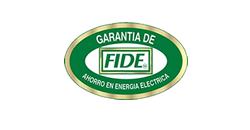
FIDE is a not-for-profit organization founded in Mexico in 1990, that promotes and supports the efficient use of electric energy at all levels, as well as the use of energy-saving products. FIDE reviews and awards those products, among all available, that offer the highest levels of efficiency.
ELT’s Lighting products have received FIDE certification as their efficiency, measured in lumens per watt (amount of light versus energy used), exceeds the expected results as established by international standards. ELT’s CFL Bulbs are up to 20% more efficient and save more energy than most CFL’s in the market.

